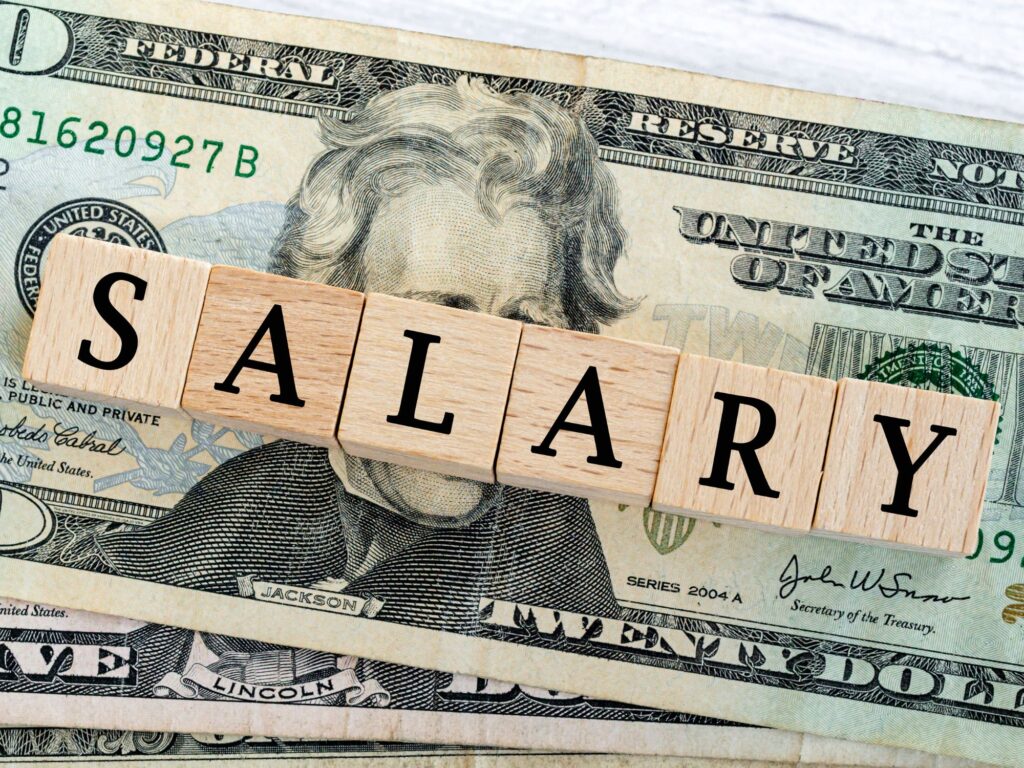How Do You Pay Yourself In A Small Business

For many aspiring entrepreneurs, the dream of owning a small business includes the promise of financial independence. However, navigating the intricacies of compensation as a small business owner can be complex, requiring careful consideration of legal structures, financial health, and tax implications.
Understanding how to appropriately pay yourself is crucial not only for personal financial stability but also for the long-term sustainability of the business. This article explores various methods for owner compensation, emphasizing the importance of compliance and strategic planning.
Choosing Your Compensation Method
The method you use to pay yourself often depends on your business's legal structure. Common structures include sole proprietorships, partnerships, Limited Liability Companies (LLCs), and S corporations, each with its own rules regarding owner compensation.
Sole Proprietorships and Partnerships
In a sole proprietorship or partnership, owners typically take a draw from the business's profits. A draw is essentially a withdrawal of funds; it is not considered a salary. It's important to note that draws are not subject to payroll taxes but are still considered taxable income for the owner.
Owners are responsible for paying self-employment taxes on their share of the business's profits. This includes Social Security and Medicare taxes.
Limited Liability Companies (LLCs)
LLCs offer flexibility in how owners are compensated. An LLC member can take draws, similar to sole proprietorships and partnerships.
However, an LLC can also elect to be taxed as an S corporation. This allows owners who actively work in the business to be treated as employees and receive a reasonable salary, which can potentially reduce self-employment tax liability.
S Corporations
S corporation owners who are also employees must receive a "reasonable salary" for the work they perform. The IRS closely scrutinizes S corporation owner compensation to ensure it is not used to avoid paying payroll taxes.
The remaining profit is then distributed to the owner as a shareholder distribution, which is not subject to self-employment taxes but is still subject to income tax.
"Determining a reasonable salary is critical for S corporation owners. It should reflect the market value of the services provided by the owner, considering factors like industry, experience, and responsibilities," explains Sarah Miller, a certified public accountant specializing in small business taxation.
Factors to Consider
Several factors influence the optimal compensation strategy. These include the business's profitability, cash flow, and the owner's personal financial needs.
Maintaining accurate financial records and consulting with a tax professional are crucial for making informed decisions. Furthermore, consider incorporating fringe benefits, such as health insurance or retirement contributions, into your compensation package. These benefits can be tax-deductible for the business and provide valuable security for the owner.
Potential Impact and Importance
Properly structuring your compensation has significant implications. Underreporting income or misclassifying payments can lead to penalties and legal issues with the IRS.
Conversely, a well-planned compensation strategy can minimize tax liabilities, improve cash flow, and contribute to the long-term financial health of the business. Moreover, understanding your compensation options can empower you to make informed decisions about your personal finances and investments.
By carefully considering the legal structure of your business, consulting with financial professionals, and staying informed about tax regulations, you can ensure that you are paying yourself appropriately and sustainably. This contributes not only to your personal financial well-being but also to the overall success and stability of your small business.


















